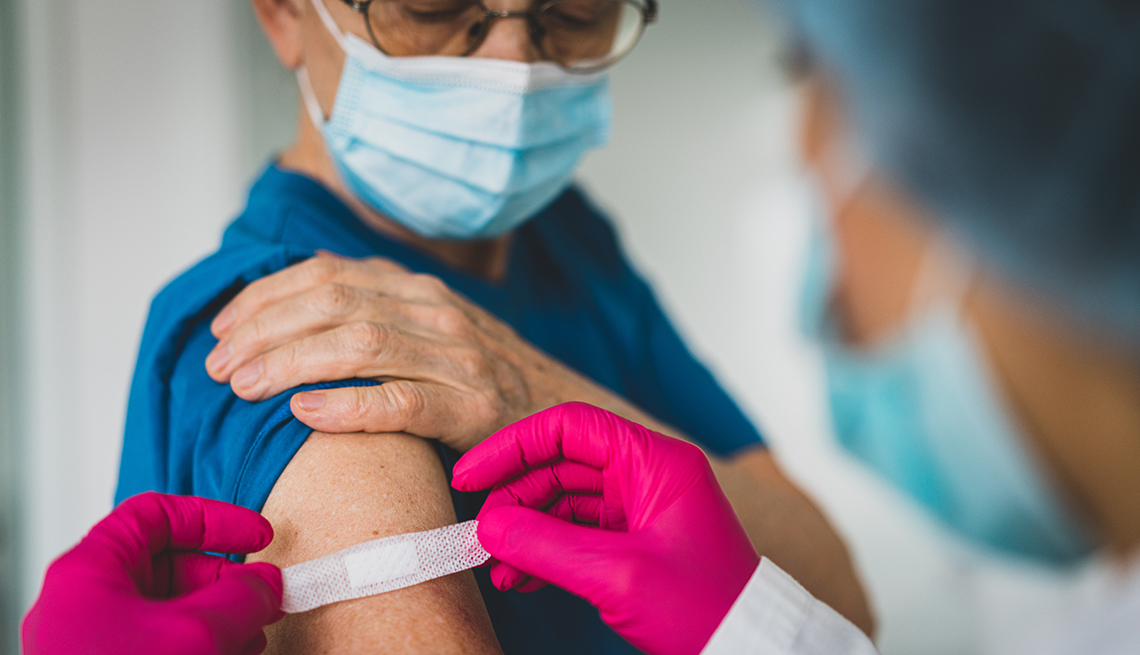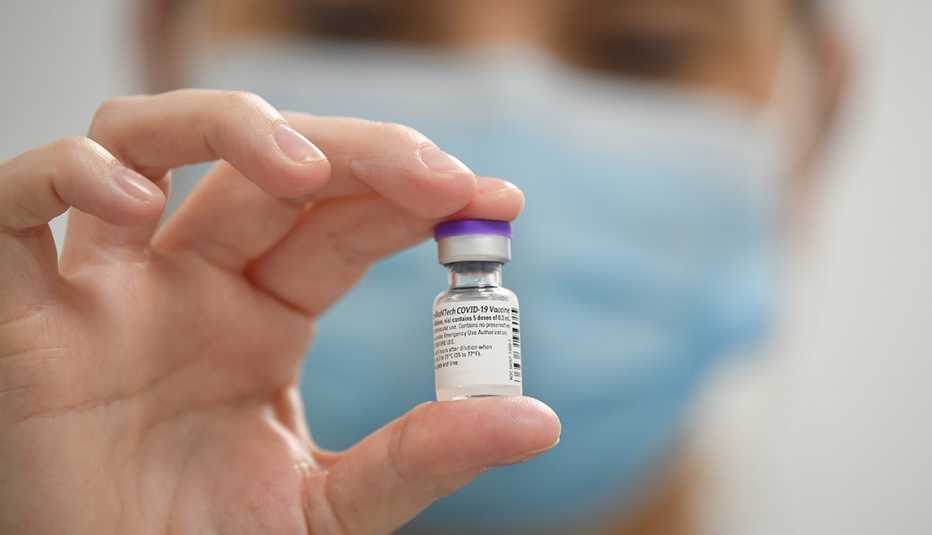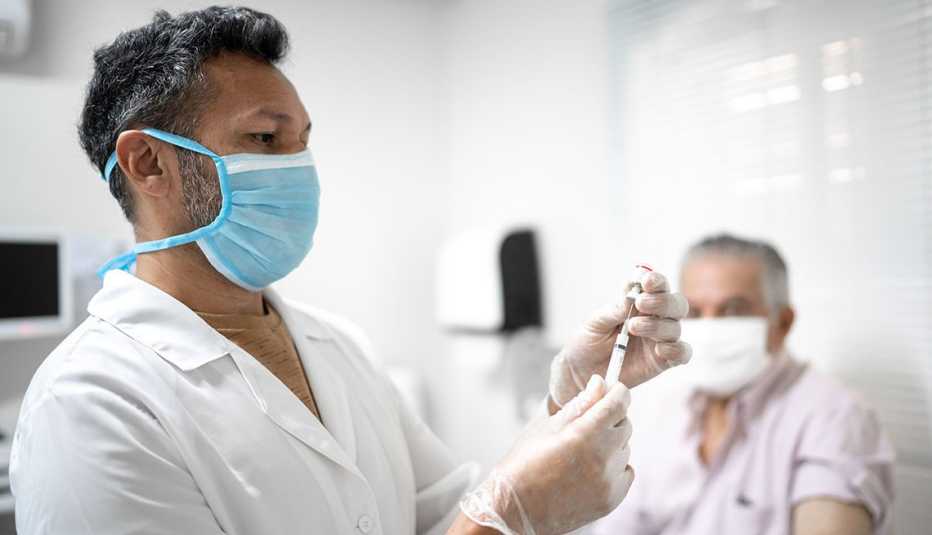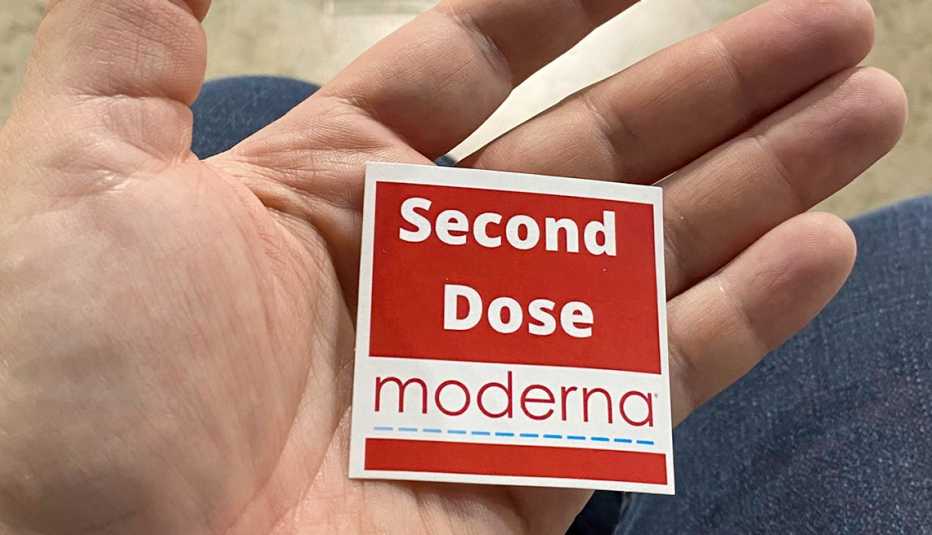Staying Fit
Americans ages 65 and older, health care workers and others whose jobs put them at risk for severe COVID-19 would be authorized to get a vaccine booster under recommendations made Sept. 17 by an advisory committee of the U.S. Food and Drug Administration (FDA). The panel resoundingly rejected a proposal to suggest that all those 16 and older get another shot of the vaccine at this time.
The recommendation applies only to the Pfizer-BioNTech vaccine, the only COVID-19 vaccine that so far has received full FDA approval. The maker of Moderna has asked the agency to review its booster request, and Johnson & Johnson is expected to do so as well.


AARP Membership— $12 for your first year when you sign up for Automatic Renewal
Get instant access to members-only products and hundreds of discounts, a free second membership, and a subscription to AARP the Magazine.
The committee's recommendation doesn't mean people age 65 and over and others at risk who have already been vaccinated should flock to their pharmacies or doctors' offices for another shot yet.
First, FDA officials need to decide whether to accept the panel's recommendation, which the agency typically does. Then the decision goes to the Centers for Disease Control and Prevention (CDC), whose top official would rule on whether to suggest the public get the booster. A CDC advisory committee is expected to meet the week of September 20 to suggest to CDC Administrator Rochelle Walensky how — and exactly to whom — a booster shot should be administered.
New research shows that while the vaccines continue to provide strong protection against hospitalization and death from COVID-19, their effectiveness may wane faster in older adults. A recent CDC study found that overall, the vaccines have been 86 percent effective in preventing hospitalization during the emergence of the delta variant. In adults age 75 and older, however, vaccine effectiveness dropped to 76 percent. And though severe breakthrough infections are extremely rare, most of those are happening in adults 65 and older.



































































